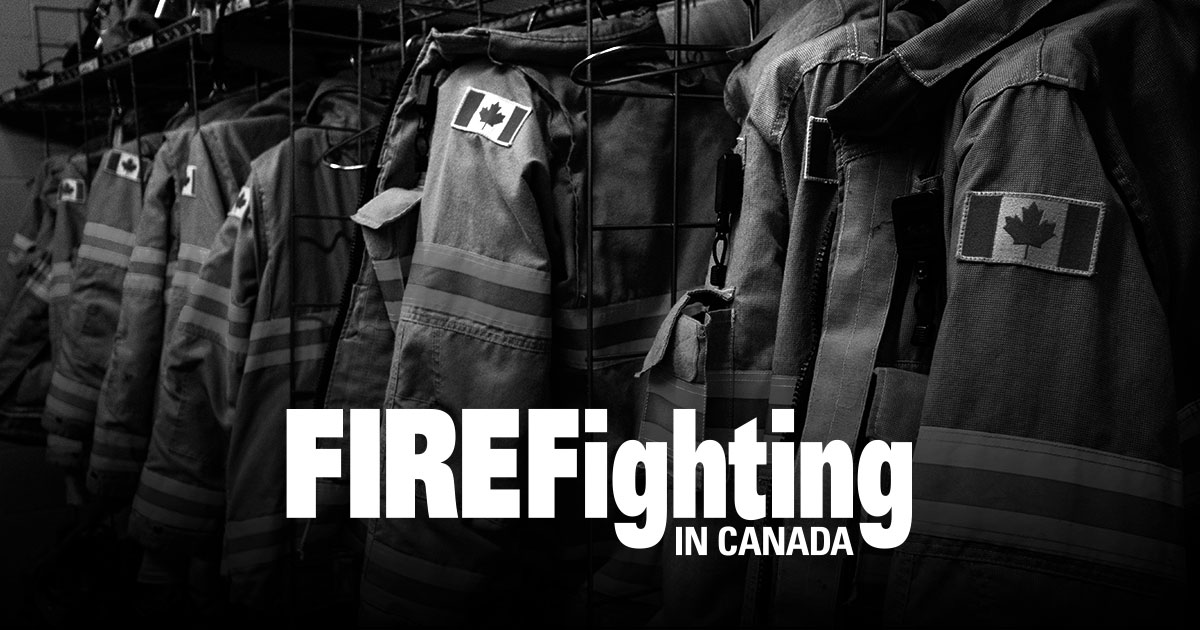
Sleep. How can something so essential be so darn elusive? And, why is it one of the easiest things to forego when we need to squeeze more time out of a day? How long can we go without it?
In 1963, 17-year-old Randy Gardner set a world record for staying awake a whopping 11 days and 25 minutes. The Guinness Book of World Records later got rid of the category. It was too dangerous, cited an article on sleep by the Cleveland Clinic, a non-profit academic medical centre. The same article paralleled 24 hours without sleep as comparably physically impaired to a blood alcohol content of 0.1 per cent (the legal limit in Canada is 0.08). After 36 hours, the internal chaos becomes severe: hormone imbalances, slowed metabolism, mood swings, and appetite and body temperature fluctuations. At 72 hours, you’re basically looking at a form of torture used around the world. These are acute short-term effects that will be resolved once you do sleep. Chronic sleep deprivation, defined as lack of sleep for three months or more, is another story. That raises your risk of Type 2 diabetes, a weakened immune system, high blood pressure, stroke, cardiac event, and depression, along with other maladies.
Now, we all know we’re not supposed to skip out on sleep on purpose (though doing so is often a crutch to more time for the busy). Trying to sleep and being unable to is the flip side; one experienced by many in the fire service adapting to the disruptions caused by shift work, calls in the night and stress. Sleep is not straightforward either. There are different patterns in a 24-hour period that humans have adapted to. Biphasic sleep is a pattern where you sleep in two main sections of the day/night instead of one. Biphasic has been theorized to have been the norm in the pre-industrial era of natural light only. It is thought people would sleep for several hours at the onset of dark, wake around midnight, tend to duties, then go back to sleep for a second phase. Biphasic sleep was common in cultures around the world. It seems counter-intuitive in modern dialogue to break up sleep this way, but research into the pros and cons continues.
Sleep is a fascinating and frustrating facet of our lives. In offering an article in this edition on sleep research and strategies for better sleep, we make no claim to easy answers; simply a refresher and invitation to self-reflect on the current state of your sleep. How well we sleep is like water in a well, rising and falling with the changes of our life. Sometimes the influences are out of our control and sometimes we are the catalyst for short-shrifting ourselves of it. No matter the circumstance, thinking about how good it feels to wake up rested and refreshed — and what a difference it makes to our mood and performance that day — is always a good reminder to pay attention to the quality of our sleep.
Print this page
Advertisement
- Township of North Dumfries mourns passing of former fire chief
- Examining wildfires through a meteorological lens
